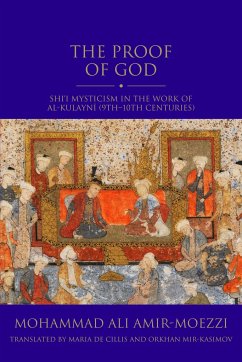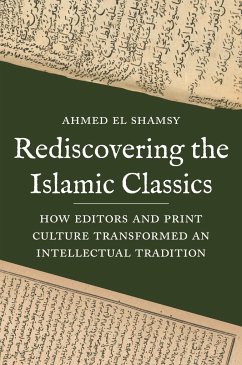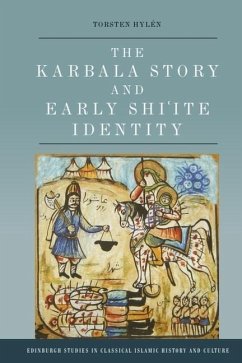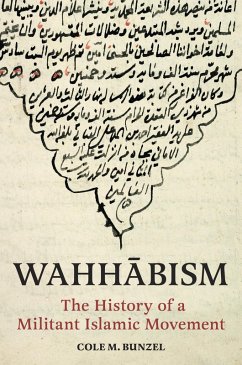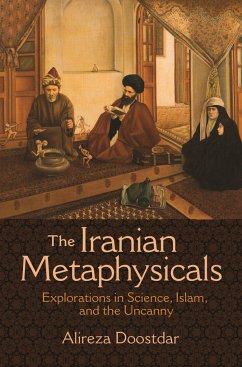Nicht lieferbar

Gebundenes Buch
Salvation and Destiny in Islam
The Shi'i Ismaili Perspective of Hamid Al-Din Al-Kirmani
Herausgeber: Cillis, Maria De
Versandkostenfrei!
Nicht lieferbar




Analyzes the theology of a key theologians from the Fatimid period, ?amid al-Din al-Kirmani
Maria De Cillis is a Senior Research Associate at the Institute of Ismaili Studies, London, where she is also the Managing Editor of the Shi'i Heritage Series. She has authored Free Will and Predestination in Islamic Thought: Theoretical Compromises in the Works of Avicenna, al-Ghazali and Ibn 'Arabi (2014) and has co-edited Shi'i Esotericism: Roots and Developments (2016) as well as a writing a number of journal articles and encyclopaedia entries. She has taught medieval Islamic philosophy and speculative theology at SOAS and at Birkbeck College, University of London. Her research interests include Islamic philosophy, Sufism, Shi'i esotericism and Ismaili philosophy.
Produktdetails
- Shi'i Heritage Series
- Verlag: Bloomsbury Publishing PLC
- Seitenzahl: 288
- Erscheinungstermin: 30. Oktober 2018
- Englisch
- Abmessung: 236mm x 157mm x 36mm
- Gewicht: 722g
- ISBN-13: 9781788314930
- ISBN-10: 178831493X
- Artikelnr.: 52913977
Herstellerkennzeichnung
Libri GmbH
Europaallee 1
36244 Bad Hersfeld
gpsr@libri.de
Für dieses Produkt wurde noch keine Bewertung abgegeben. Wir würden uns sehr freuen, wenn du die erste Bewertung schreibst!
Eine Bewertung schreiben
Eine Bewertung schreiben
Andere Kunden interessierten sich für





